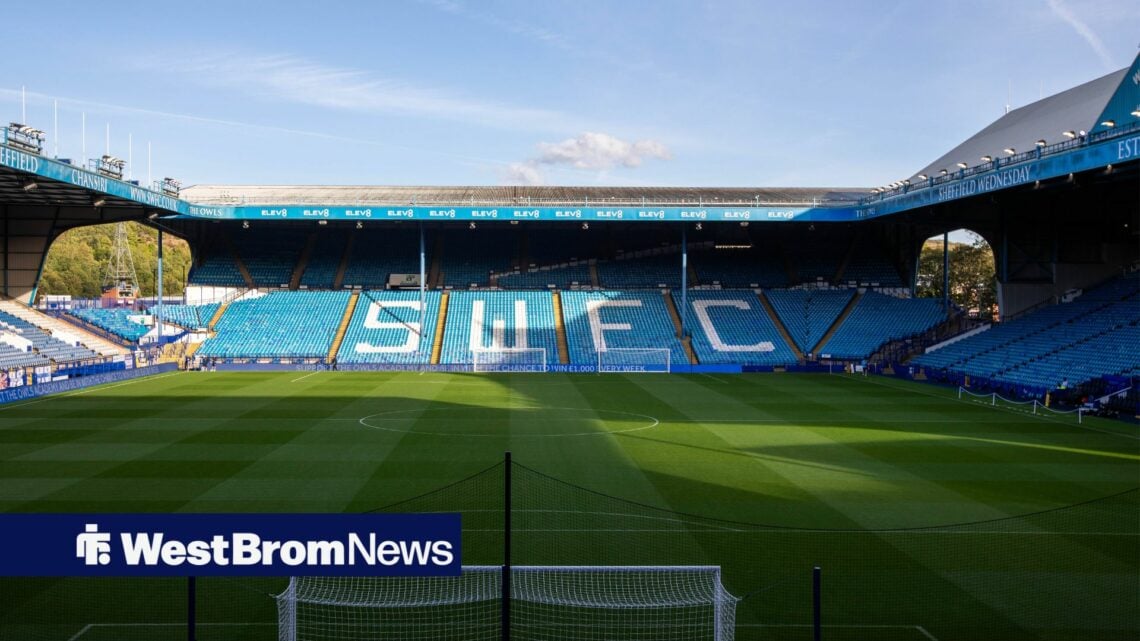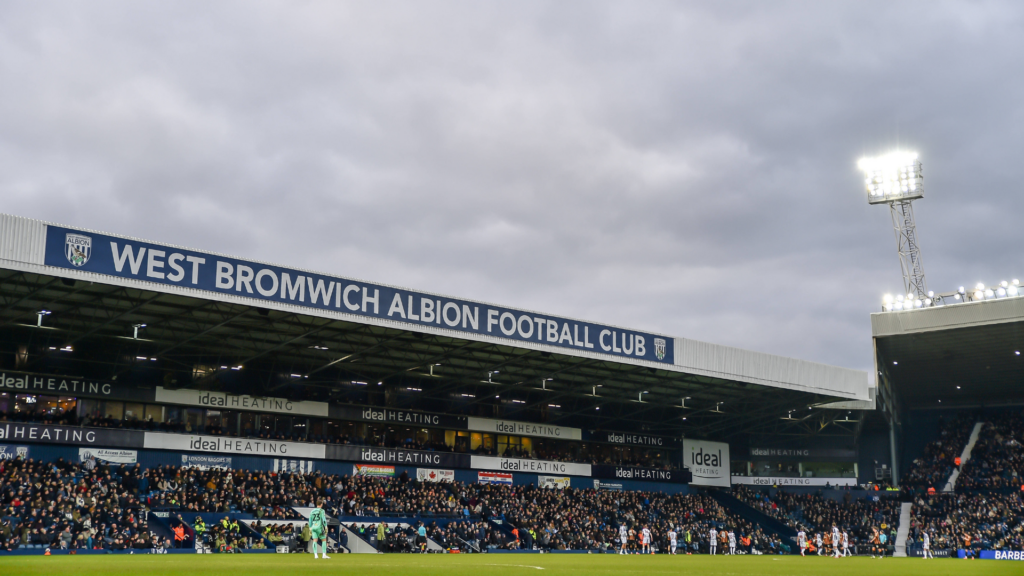
Keith Hackett shares if change is possible in stadiums after death of West Brom fan
West Brom supporter Mark Townsend died due to natural causes while attending a game at Hillsborough last year, a coroner has told.
The 57-year-old passed away in the stands at Hillsborough after suffering a cardiac arrest during West Brom‘s 3-2 defeat.
West Brom paid tribute to Mr Townsend in their next match, while Shilen Patel also shared his deep sympathy with Townsend’s family and friends.
A number of other fans in the away end for the Sheffield Wednesday clash on 28 September last year described the chaotic scenes that delayed Mr Townsend from getting treatment.
An inquest this week heard it took a little over a minute for paramedics to be summoned due to stewards either not having radios or being unable to find someone who had one.
It was heard that delay did not contribute to Mr Townsend’s death, although it was found to be “unnecessary”.

Prevention of future deaths report to be written to Sheffield Wednesday
Due to concerns raised over the delay in getting treatment in the Hillsborough’s Leppings Lane End, a prevention of future deaths report will be written to Sheffield Wednesday.
Many in attendance questioned why play was allowed to continue on the field while the distressing scenes were taking place in the stands.
It has become fairly normal in recent times for officials to stop matches when medical emergencies of this nature take place.
However, the inquest heard it was the right decision to let play continue in this instance to avoid any sort of crowd movement that could have hindered the response of the emergency services.
Asked by West Brom News if the death of Mr Townsend and the subsequent fallout could lead to any sort of changes inside stadiums, namely matches not being stopped when emergencies happen, former PGMOL chief Keith Hackett said: “I’m sure that the coroner before making this judgment and comment will have thoroughly investigated the circumstances of the death of this fan.
“Also the speed at which the paramedics moved inside the ground to begin to treat the fan, the positioning of emergency vehicles and the safe egress from the stadium to the emergency vehicles, etc.

“Football clubs have solid plans in place which are regularly checked and updated. Following Chelsea’s Petr Cech’s head injury at Reading FC some years ago, the English Premier League introduced a special arrangement appointing their own doctor, specialist paramedic and an ambulance on standby.
“Clubs at professional level have trained personnel on hand and excellent communication systems. They also have in place defibrillators around the stadium. The safety of all participants in the game including fans must be paramount.
“I do believe that in most circumstances play can continue when there is a one-off medical emergency, providing the treatment of that person is not compromised in any way.
“However, there is always the risk of more than one fan being injured in say a surge forward or something out of the ordinary, and at that point the game may need to be stopped.“

Mark Townsend’s memory to live on at The Hawthorns
This would have been a hugely emotional period for Mr Townsend’s family and friends.
The inquest shows that, while there are lessons to be learned, the delay ultimately did not contribute to Mr Townsend’s death.
Whether games should stop or not, as Keith Hackett says, may well continue to be decided on a case-by-case basis, depending on the exact circumstances.
Everyone’s thoughts at West Brom News go out to Mr Townsend’s loved ones.
